Kremlin blames 'sharp maneuver' for crash while Pentagon calls intercept 'reckless'
Russia and the United States on Wednesday offered different accounts of the downing of a U.S. intelligence drone in the Black Sea, as the incident added to tensions between Moscow and Washington over the Ukraine crisis.
According to a Reuters report, the U.S. military MQ-9 Reaper surveillance drone crashed on Tuesday after being intercepted by Russian fighter jets. The Pentagon said one of the Russian Su-27 jets struck the propeller of the drone, making it inoperable, a claim denied by Moscow which blamed the drone's "sharp maneuver" for the crash and said its jets did not make contact.
The downing appeared to be the first time since the height of the Cold War that a U.S. aircraft was brought down after an encounter with a Russian warplane, The Associated Press commented.
Kremlin spokesman Dmitry Peskov said on Wednesday that relations with the U.S. were "at their lowest point, in a very lamentable state", but Russia "has never refused constructive dialogue, and is not refusing now".
The Reaper, according to a statement by Russia's Defense Ministry on Tuesday, was flying over the Black Sea near the Crimean Peninsula and intruded in an area that was declared off limits by Russia as part of its special military operation in Ukraine, causing the military to scramble fighters to intercept it.
"As a result of a sharp maneuver, the MQ-9 drone went into unguided flight with a loss of altitude and crashed into the water," it said. "The Russian fighters didn't use their weapons, didn't come into contact with the unmanned aerial vehicle, and they safely returned to their base."
The statement insisted that Russian warplanes did not hit or cause the crash of the drone, which the Pentagon said was on a routine "intelligence, surveillance, reconnaissance" mission.
The MQ-9 includes a ground control station and satellite equipment and has a 20-meter wingspan. It can be armed with Hellfire missiles as well as laser-guided bombs and can fly for more than 1,770 kilometers, the U.S. Air Force said.
The Pentagon called the intercept "reckless and unprofessional". But spokesman Brigadier General Pat Ryder would not say whether it was armed. The U.S. had not recovered the crashed drone, U.S. Air Forces-Europe said in a statement, and neither had Russia, he said.
U.S. President Joe Biden was briefed on the incident by national security adviser Jake Sullivan, White House national security spokesman John Kirby said.
He said U.S. State Department officials would be speaking directly to their Russian counterparts and "expressing our concerns over this unsafe and unprofessional intercept".Kirby emphasized that the incident would not deter the U.S. from continuing its missions in the area.
Also in Washington, Russian Ambassador to the U.S. Anatoly Antonov described the U.S. drone flight as a "provocation" and argued that there was no reason for U.S. military aircraft and warships to be near Russia's borders.
Speaking after meeting with U.S. Assistant Secretary of State for Europe Karen Donfried, Antonov reiterated that the Russian warplanes did not hit the U.S. drone or fire their weapons. He added that Moscow wants "pragmatic" ties with Washington.
'Diplomatic channels'
"We assume that the U.S. will refrain from further speculation in the media and stop flights near Russian borders. We consider any action with the use of U.S. weaponry as openly hostile," Antonov wrote on Telegram on Wednesday.
Moscow has repeatedly voiced concerns about U.S. intelligence flights close to Crimea, which joined Russia through a referendum in 2014.
The Kremlin has charged that by providing weapons to Ukraine and sharing intelligence information with Kyiv, the U.S. and its Western allies have effectively become engaged in the conflict.
A Western military source said diplomatic channels between Russia and the U.S. could help limit any fallout.
"To my mind, diplomatic channels will mitigate this," the source told Agence France-Presse.











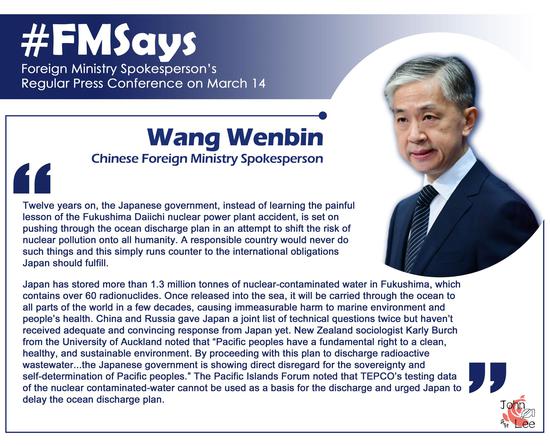
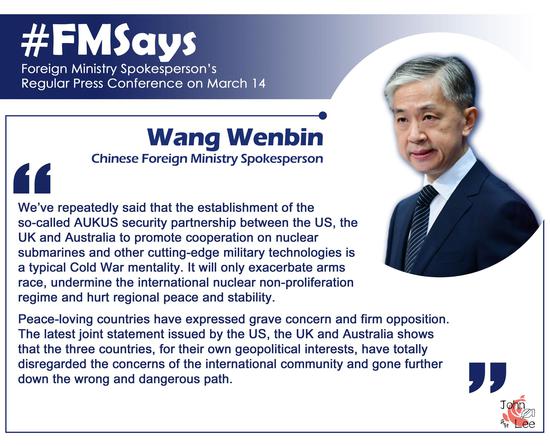



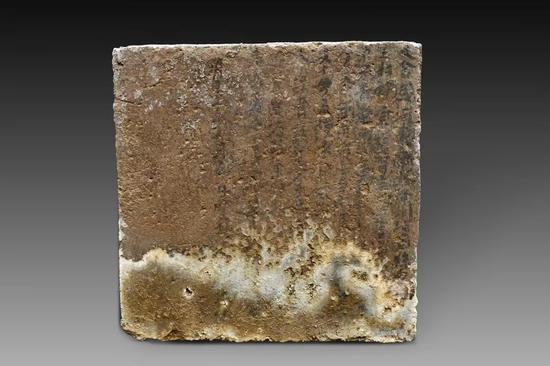
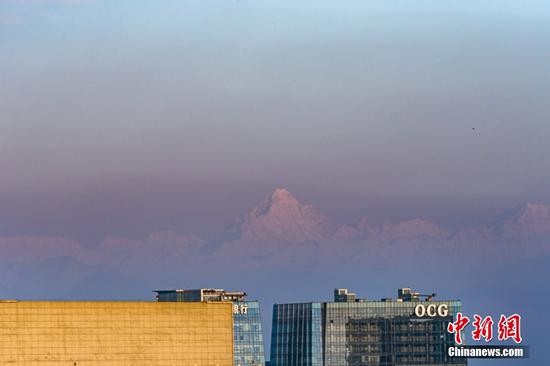

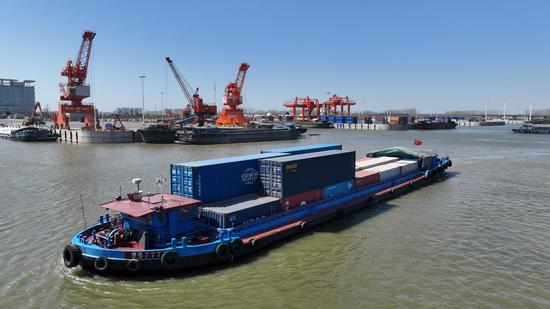

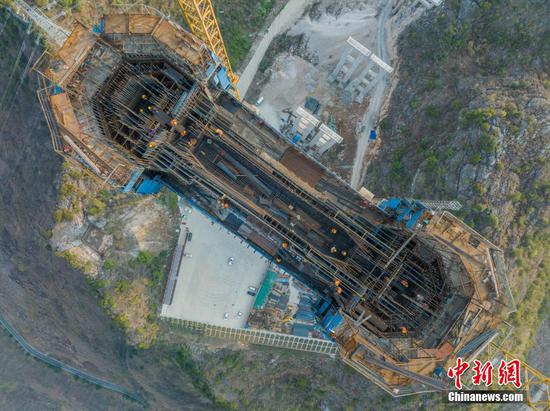
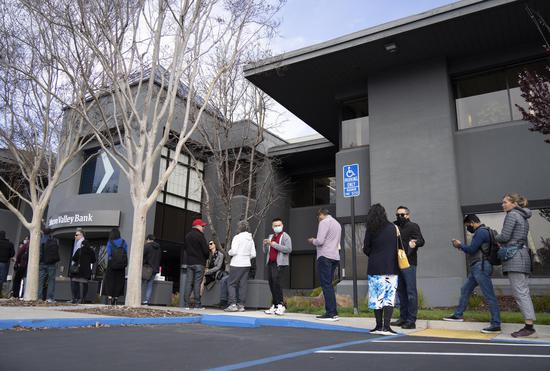








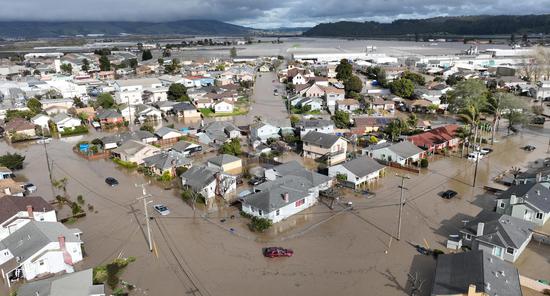







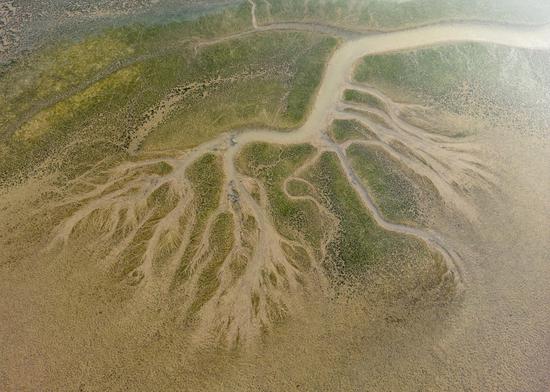


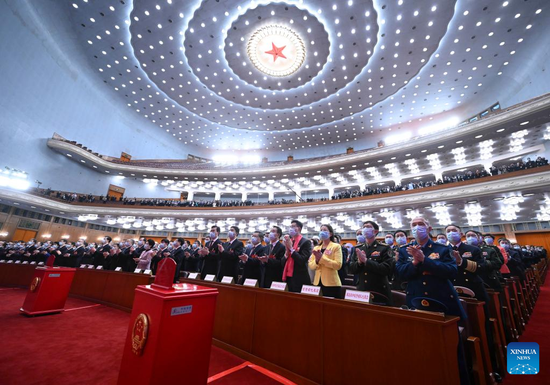
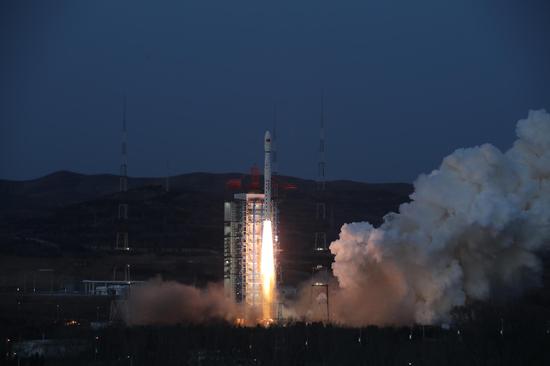
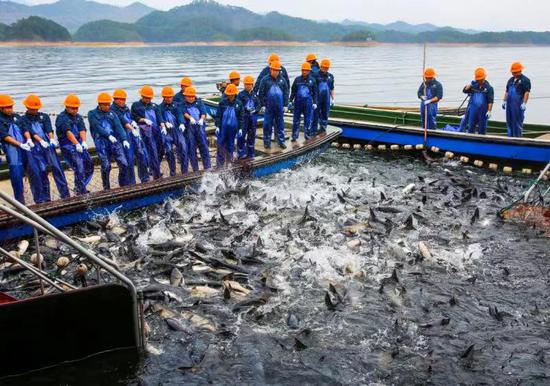





 京公网安备 11010202009201号
京公网安备 11010202009201号